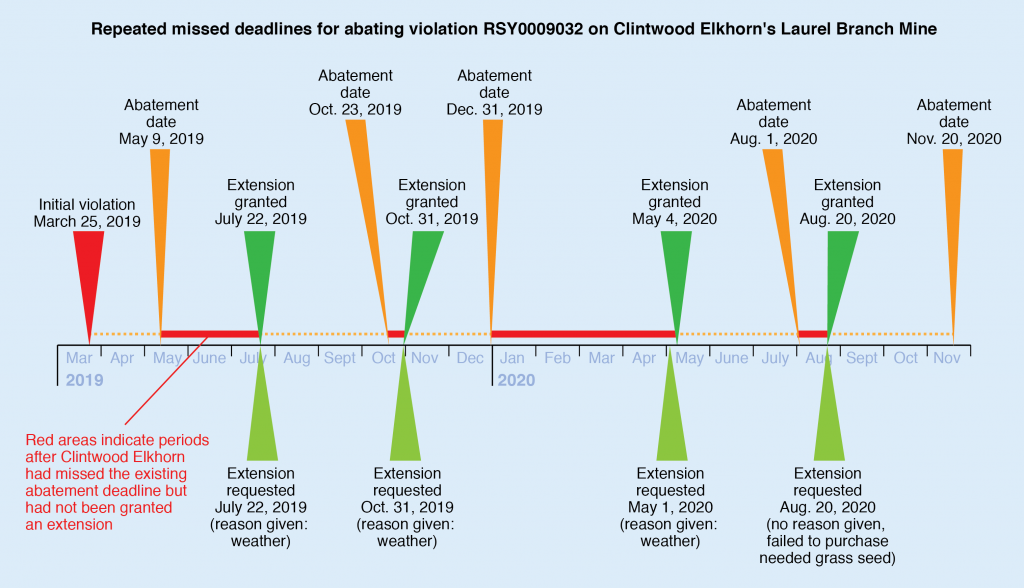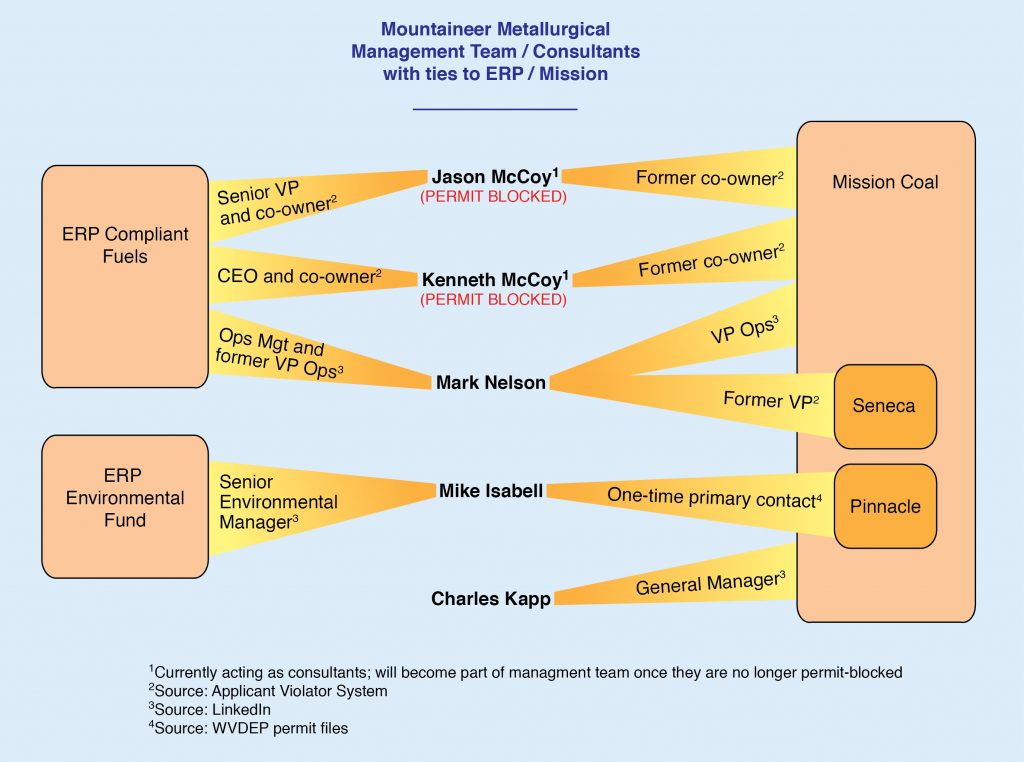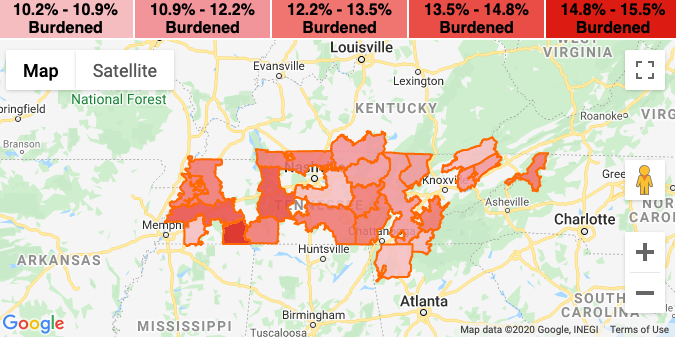Cleaning Up Coal Ash
For well over a century, power plants across the country have burned coal to generate electricity. And for just as long, leftover coal ash has been dumped in open, unlined pits near the power plant, usually located on a river or lake. Every year, U.S. power plants produce 130 million tons of coal ash, which is the second largest waste stream in the country after municipal garbage.
Coal ash concentrates the toxic heavy metals found in coal, including arsenic, mercury, lead and selenium. Stored in unlined, wet impoundments, coal ash has been leaking these toxics into our groundwater and surface waters for years. Sometimes these impoundments collapse — with disastrous results.
Yet government regulations for coal ash management are either non-existent or sparse, and there is little enforcement of the regulations that do exist. In North Carolina, this lack of oversight — and the complicity between state regulators, elected officials and Duke Energy — came to a boiling point in February 2014 when one of Duke’s coal ash impoundments spilled 39 million tons of ash into the Dan River.
Citizens living near North Carolina’s 33 coal ash impoundments — all of which have leaked — have fought for transparency from Duke and the state, and for cleanup of the pollution that threatens their property value, health and family. Their actions forced this issue into the headlines of news networks and to the forefront of environmental justice conversations in the United States.
Appalachian Voices stood with these communities as we worked for years to compel Duke Energy and the N.C. Department of Environmental Quality to excavate coal ash from all the North Carolina sites and dispose of it either in lined, dry landfills, away from waterways, or by recycling it for concrete or other uses, provided it’s done in a manner that protects public health and the environment.
On Jan. 2, 2020, North Carolina announced a historic settlement with one of the state’s most powerful corporations and polluters, Duke Energy. The settlement requires Duke to move nearly 80 million tons of toxic coal ash at six of its power plants to properly lined landfills onsite or recycle it.

Learn information about specific coal ash impoundments in the South, including health threats and safety ratings:
Additional Resources
Fact sheets, videos, links to academic research, and more
Sign Up to Act
Help us protect the health of our communities and waterways.
Latest News
Yurts and the Significance of a Circle
Yurts offer an affordable, cozy housing option with a light environmental footprint.
Stopping a massive fracked-gas pipeline takes a village
Some organize community meetings, some drive for hours to testify at hearings, some pray, some rally, some give detailed research to government agencies, some file lawsuits — and some occupy tree-sits in protest. All stand against the unneeded, dangerous fracked-gas Mountain Valley Pipeline.
Company’s bankruptcy makes it harder for residents to address problems with nearby mines
People living near a pair of Virginia mountaintop removal coal mines have long complained about blasting and dust. Now, the company’s bankruptcy makes it even harder for nearby residents to get relief.
Virginia regulators poised to grant mining permits to questionable company
As companies go bankrupt, they tend to pass off their mine mining permits — and the responsibility to reclaim them — to increasingly questionable entities. This is currently unfolding in Southwest Virginia, if the state mining agency allows it.
Scorecard shows lack of transparency, high fixed charges at Tenn’s electric co-ops
Fewer than half of Tennessee’s electric cooperatives allow…
Southwest Virginia schools and local governments call for fair solar policies
Several public entities in the region are urging Appalachian Power Company to loosen their restrictive solar policies. On the sunnier side, Appalachian Voices and Iron Works Cycling secured a $25,000 grant for a solar array on the Big Stone Gap, Va., bicycle shop.











